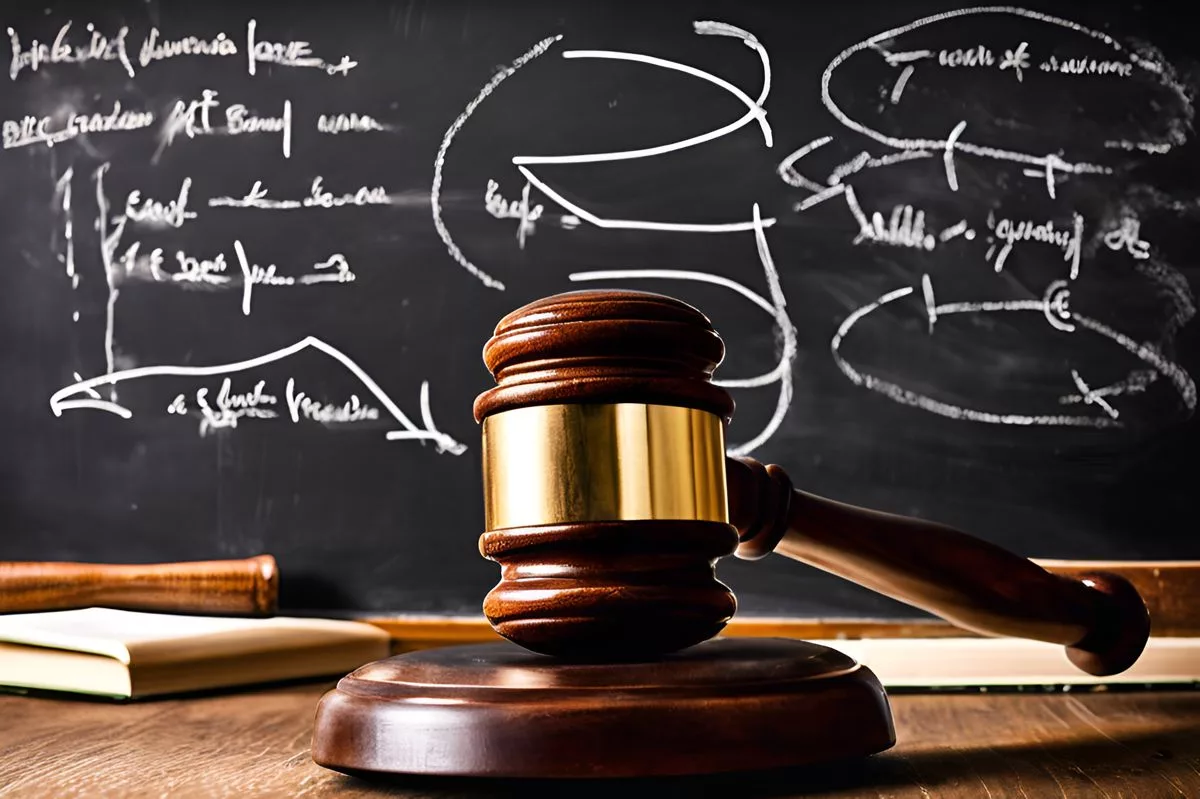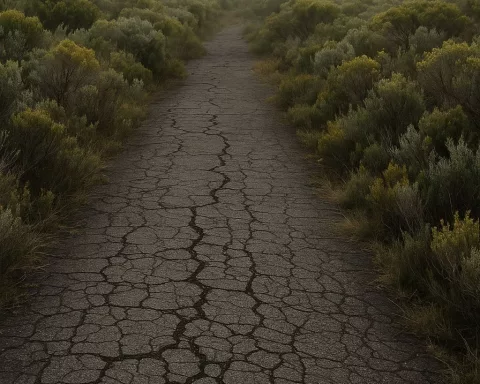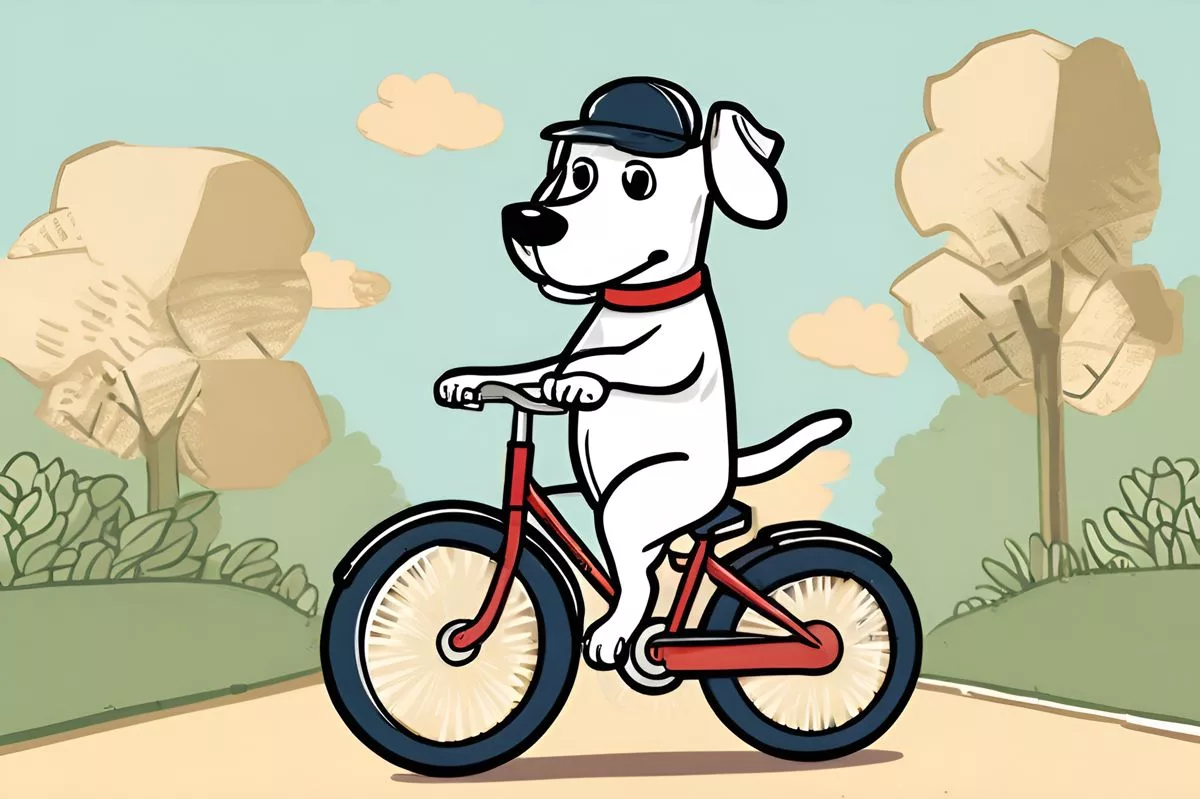A substitute history teacher at Table View High School in Cape Town, South Africa has caused controversy after allegedly using racial slurs during a session with students. The use of the ‘K-word’ reportedly provoked outrage among parents and students, with calls for the teacher’s dismissal. The school has apologized and pledged to scrutinize the teacher’s instruction more closely in response to the incident, which is being examined by the Western Cape Education Department’s Labour Relations Directorate. A human rights complaint has also been lodged.
Racial slurs allegedly used by a substitute history teacher during a session at Table View High School in Cape Town have led to calls for the teacher’s dismissal. The teacher reportedly defended the use of the ‘K-word’ and claimed it was not problematic. The incident has sparked outrage among parents and pupils, who have demanded action. The school has apologized to affected students and pledged to scrutinize the teacher’s instruction more closely. The incident is being examined by the Western Cape Education Department’s Labour Relations Directorate, and a human rights complaint has been lodged.
Section 1: The Alleged Incident
At the heart of Cape Town, South Africa, a storm of controversy is brewing around Table View High School. The hubbub revolves around an accusation that a substitute history instructor employed racial slurs during a session. This event, which allegedly occurred on July 17th, has ignited a wave of criticism from outraged parents and calls for the immediate dismissal of the teacher involved.
As reported by The Daily Voice, a white substitute teacher, who has remained anonymous, is accused of employing the distasteful ‘K-word’ during a lesson with the graduating class. Echoing the shock and fury of many, one student’s parent revealed that the educator insisted the racial slur was not problematic and that students should not perceive it as such. The teacher reportedly substantiated this claim by asserting that the students were not alive during the historical period when the derogatory term was in common use.
Section 2: Escalation and Reaction
When confronted, the accused educator refused to retreat or apologize, staunchly upholding her position. This brazen attitude incited the high school pupils to report the incident to the school’s management, which eventually led to parents demanding the teacher’s immediate termination.
One parent captured the sentiment of many by expressing, “If we tolerate such behaviour, it will persist indefinitely because there are no repercussions. The fact that the school allowed the teacher to return to the classroom demonstrates to me a lack of care for the black students who were insulted.”
Bronagh Hammond, the spokesperson for the Western Cape Education Department, confirmed that the racial slur was allegedly used during a lesson on Black Consciousness. In response to the alleged incident, the school swiftly submitted a thorough report to the department, which included detailed statements from the students.
Section 3: Damage Control
In a bid to contain the aftermath, the school has committed to more closely scrutinizing the teacher’s instructional practices. The school has also extended an apology to the students for the distress the incident caused and offered counselling services to address any psychological harm endured.
The department’s Labour Relations Directorate is presently examining the incident. A planned visit to the school is in the works to assess the situation and determine the appropriate course of action based on their findings.
Section 4: Further Developments and Reflections
Adding further complexity to the evolving situation, Mbulelo Dwane, the Provincial Coordinator of the Labour Desk for the Economic Freedom Fighters, announced that the party has lodged a human rights violation complaint with the Human Rights Commission in Cape Town. This action accentuates the seriousness of the incident and the determination to ensure that such behaviour is held accountable.
This incident is fraught with complex lessons about sensitivity, respect, and understanding historical contexts. As the school and broader community wrestle with the consequences, the hope is that it will serve as a potent reminder of the power of words, the historical wounds they can resurface, and the necessity for empathy and understanding in our shared human experience.
What is the Table View High School controversy about?
A substitute history teacher at Table View High School in Cape Town, South Africa has been accused of using racial slurs during a session with students, specifically the ‘K-word’. The incident has sparked outrage among parents and pupils, who have demanded action.
What was the teacher’s response to the accusation of using the ‘K-word’?
The teacher reportedly defended the use of the ‘K-word’ and claimed it was not problematic. The incident has led to calls for the teacher’s dismissal.
How has the school responded to the incident?
The school has apologized to affected students and pledged to scrutinize the teacher’s instruction more closely. The school has also committed to offering counselling services to address any psychological harm endured.
What is the Western Cape Education Department’s Labour Relations Directorate doing about the incident?
The Labour Relations Directorate is examining the incident and plans to visit the school to assess the situation and determine the appropriate course of action based on their findings.
Has any human rights complaint been lodged regarding the incident?
Yes, the Provincial Coordinator of the Labour Desk for the Economic Freedom Fighters announced that the party has lodged a human rights violation complaint with the Human Rights Commission in Cape Town.
What lessons can be learned from this incident?
This incident serves as a potent reminder of the power of words, the historical wounds they can resurface, and the necessity for empathy and understanding in our shared human experience. It underscores the importance of sensitivity, respect, and understanding historical contexts.











